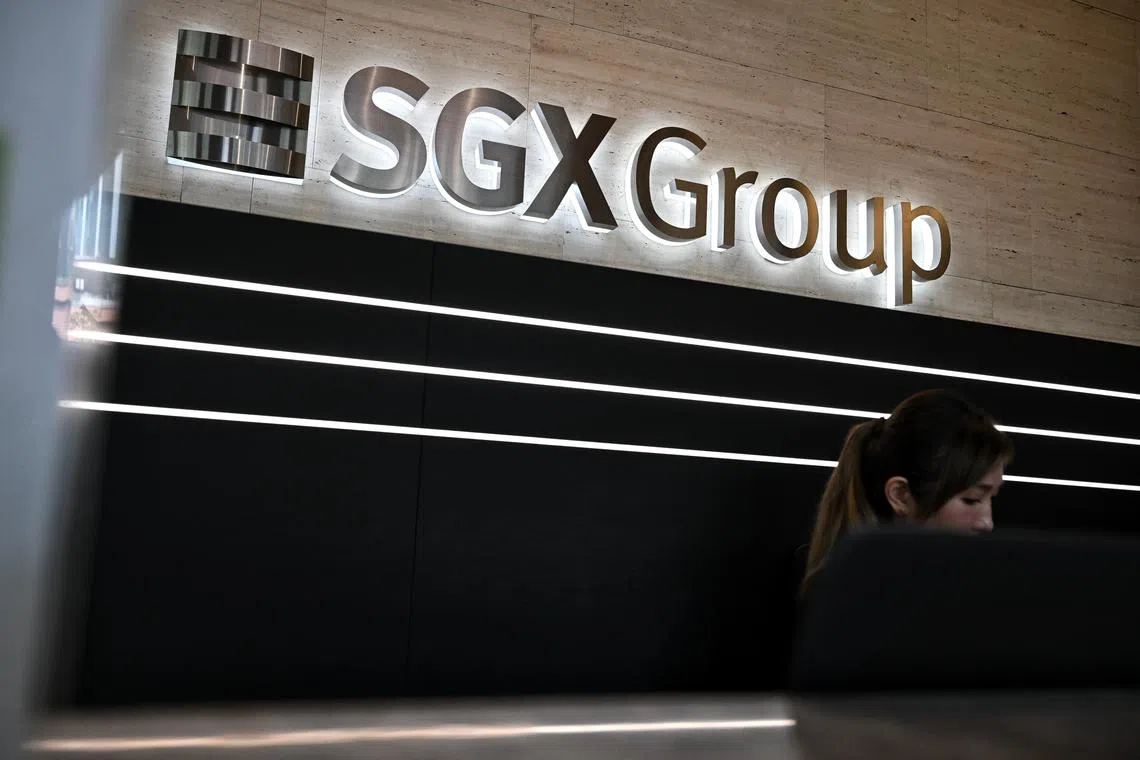Singapore stocks dip as forecast after MAS maintains monetary policy; STI down 0.1%
Sign up now: Get ST's newsletters delivered to your inbox

The benchmark Straits Times Index fell 0.1 per cent or 3.98 points to 3,426.47.
ST PHOTO: KUA CHEE SIONG
Tan Nai Lun
Follow topic:
SINGAPORE - Shares in Singapore ended slightly lower on July 26, after Singapore’s central bank left its monetary policy settings unchanged for the fifth straight meeting, in line with market expectations.
The benchmark Straits Times Index (STI) fell 0.1 per cent, or 3.98 points, to 3,426.47. In the broader market, gainers outnumbered losers 349 to 186, after 1.1 billion securities worth $1.1 billion changed hands.
The Monetary Authority of Singapore (MAS) also said it expects gross domestic product growth to come in at the higher end of the official forecast range of 1 per cent to 3 per cent.
It lowered its full-year forecast for headline inflation to between 2 per cent and 3 per cent, but maintained its core inflation forecast at 2.5 per cent to 3.5 per cent.
Ms Selena Ling, chief economist and head of global markets research and strategy at OCBC Bank, noted that financial markets reacted mildly to the announcement. She expects that Singapore dollar rates will also not react much to the latest MAS policy decision.
“Looking ahead, one of the key indicators to watch apart from the core inflation would be the wage dynamics in the domestic labour market, given the ongoing pass-through into business costs and subsequently to end-consumers,” she said.
On the STI, Yangzijiang Shipbuilding was the top gainer, rising 8.3 per cent or 20 cents to $2.60.
Meanwhile, Sats was the biggest decliner, falling 2.2 per cent or seven cents to $3.14. The local banks ended lower. DBS Bank fell 0.8 per cent or 30 cents to $36.24, OCBC Bank lost 0.8 per cent or 12 cents to finish at $14.77, while UOB was down 0.9 per cent or 30 cents to $32.20.
Key indexes were mixed elsewhere in the region. The Nikkei 225 lost 0.5 per cent, and the FTSE Bursa Malaysia KLCI was down 0.1 per cent. Meanwhile, the Hang Seng Index rose 0.1 per cent, and the Kospi Composite Index gained 0.8 per cent. THE BUSINESS TIMES

